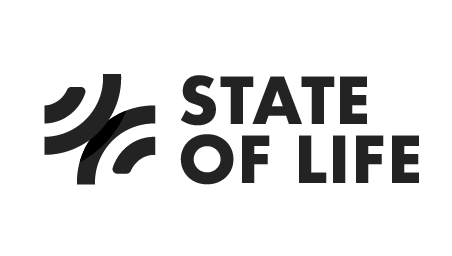Vocation, vocation, vocation - the value of higher education
Blair said education, education, education. Perhaps now it should be vocation, vocation, vocation?
The work
Working for the What Works Centre for higher education @TASO alongside our smart data analyst pals @mime. This was three years of complex and challenging work. We were in the ONS secure Labs looking at the LEO (Longitudinal Educational Outcomes). The folks at Mime created a large, person-level longitudinal dataset was constructed from National Pupil Database (NPD), Individualised Learner Record (ILR), Higher Education Statistics Agency (HESA) and Longitudinal Education Outcomes (LEO) data, to track individuals from Key Stage 4 (KS4) to 16 years after KS4
The economic value of higher education - a mixed picture.
July 2024 sees the launch of a project we started back in 2021 for The Centre for Transforming Access and Student Outcomes in Higher Education (TASO), the What Works Centre for higher education. The first part of the work, published in 2023, showed that there were higher earnings and wellbeing for those who went on to higher education. But that this seemed as much to do with their pre-existing socio economic status as the value of higher education itself. More work was needed.
Building on phase 1 TASO wanted dig the detail as to whether there was evidence for social mobility for those on free school meals, ethnic minority and based on gender. The phase 2 report can be found here.
Obvious but important
Like a lot of social and economic research it does two things:
confirms a lot of what you can already see or feel every day in real life
raises big questions that require a bit more work to answer
But given what is at stake for the state of education,universities, families, our kids, levels of graduate debt and a new politics of skills and economic growth - this report is worth reading and worth building on.
The State of Life digest
As is often the case with social and economic research - all of us that were part of the work continue to debate the findings and what the next steps could and should be. Here are the summary reports from TASO and Mime’s blog on the work is here. Below is our State of Life digest - we wrote this as parents. Parents of kids graduating GCSEs (Key Stage 4) and another heading to university - we have, admittedly, taken a bit of a real world economics view on the findings.
Going to university does result in higher earnings but the socio economic divide persists - you earn more if you were already from an affluent family. The comparison in earnings for those eligible for free school meals (FSM) and those not persists. We suggest in the full, technical report that is may be about social capital around more affluent kids - the help, contacts, opportunity and confidence that their parents provide.
The progress and outcomes by GCSE (Key Stage 4) seem to be locked in for earnings and employment. So show me the 15 year old and I’ll show you the adult. Also the gender pay gap is real and persistent. Some evidence for social mobility for different ethnic groups.
Top third universities create the highest earnings of all, by quite a margin - no surprise here. But we have to remember that the data in LEO is state school only. So the bigger question is what % of free school meal pupils from state education are getting into these top performing universities? How low is this figure? We really need to find out.
In the middle there is a competing picture with Type 5 and Type 6 apprenticeships, HND and more technical and vocational courses leading to similar or higher earnings when compared to mid tier universities (this holds both 9 and 16 years after graduation). With the significant debt now attached to all university education - this presents a real world economic question to wrestle with for people and policy makers (who underwrite the debt).
There does look to be a need for mid-tier universities to perhaps focus on vocational qualifications - arguably going back 40 years and the early days of the ‘Polytechnics’. The expansion of universities under the last Labour government and their role in the development of skills for growth, may now need to be reviewed.
We need to do more work in LEO around what courses students did and how that relates to earnings later in life. This must be the next big gap to fill in our understanding of educational pathways, social mobility and growth.
We hope there is a lot more to come out of this work and please drop us a line if you want to know more hello@stateoflife.org



